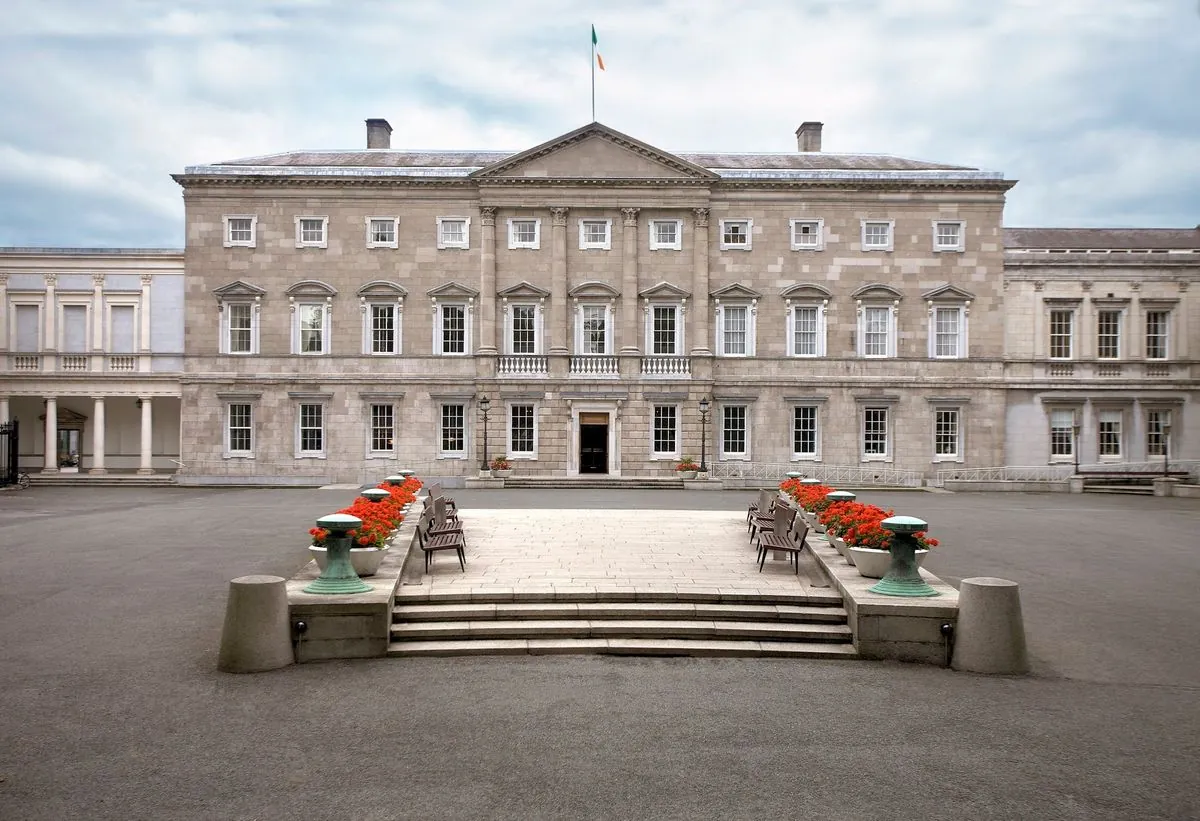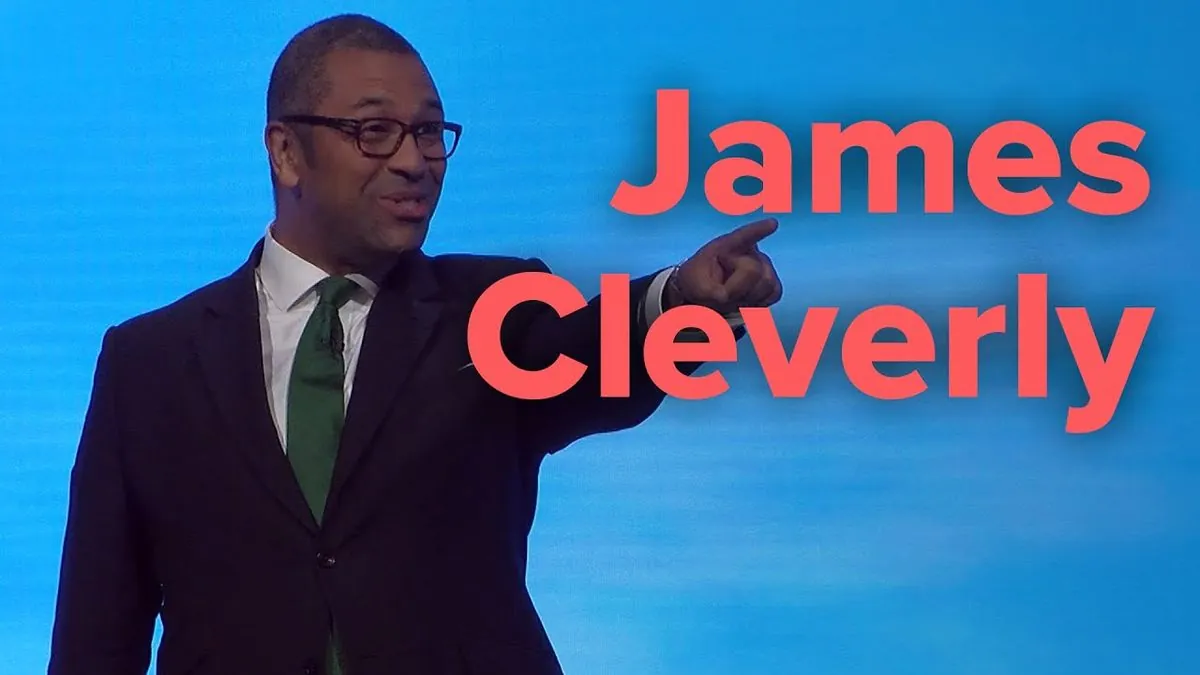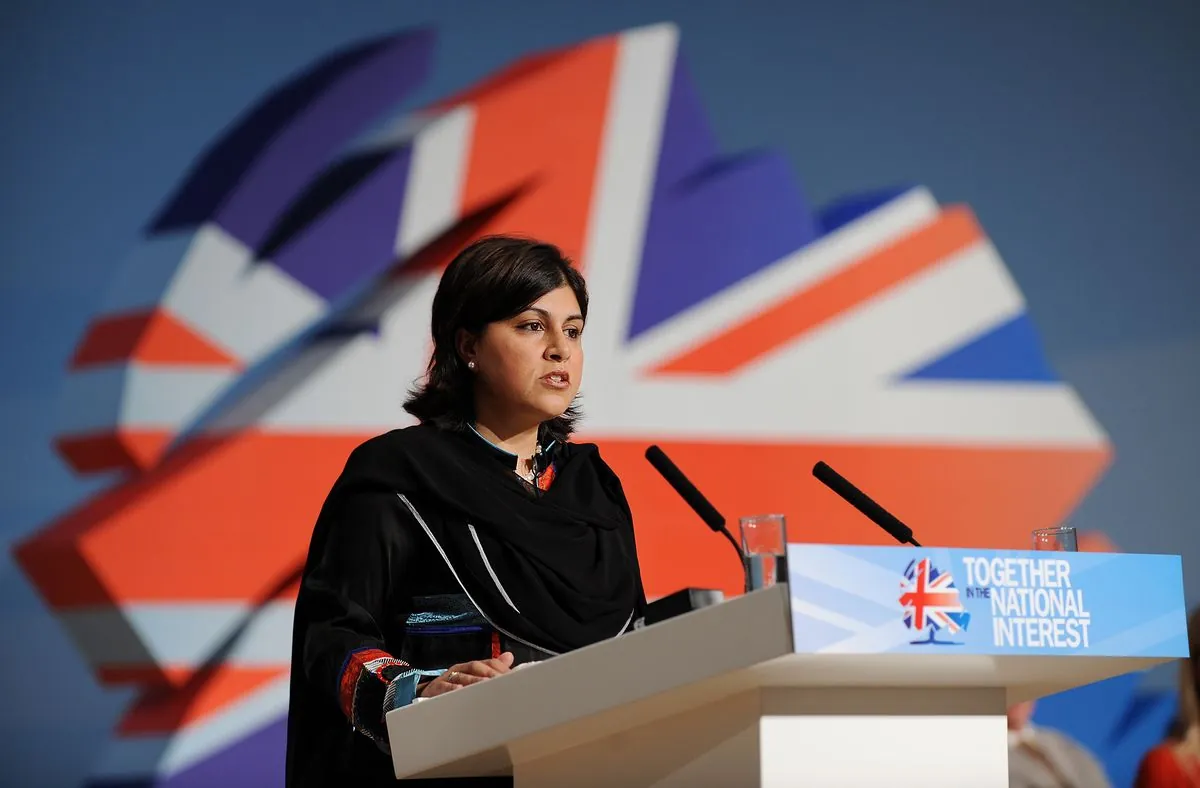Ireland Revises Hate Speech Bill Amid Free Speech Concerns
Irish government modifies controversial hate crimes legislation, addressing free speech worries while maintaining protections for transgender individuals. Changes aim to quell political dissent and legal concerns.

In a significant policy shift, the Irish government has decided to revise its controversial hate speech legislation, addressing concerns about potential infringements on free expression. This development comes two years after the bill's initial proposal in the Oireachtas, Ireland's bicameral parliament.
Helen McEntee, the Irish justice minister, acknowledged the lack of consensus on the incitement to hatred element of the bill, stating that it would be addressed at a later stage. This decision follows intense debate and criticism from various quarters, including international figures and domestic politicians.
The revised legislation, set to be presented to the Oireachtas in the coming weeks, will retain provisions for harsher penalties for hate-motivated crimes while maintaining protections for transgender and non-binary individuals. This move reflects Ireland's ongoing efforts to balance social progress with constitutional considerations, reminiscent of its groundbreaking legalization of same-sex marriage in 2015.

One of the most contentious aspects of the bill remains its expanded definition of gender, which includes an individual's preferred gender identity beyond the traditional male and female categories. This has sparked debate among lawmakers, with some expressing concern about the legal implications of recognizing multiple genders in Irish law.
Michael McDowell, a senator and former deputy prime minister, has been a vocal critic of the bill. He argues that the legislation lacks clarity on the extended definition of gender identities and could impact existing gender balance laws. McDowell's stance reflects the complex interplay between Ireland's common law system and its written constitution, which currently only recognizes two genders.
The Department of Justice has defended the bill's gender definitions, emphasizing their necessity for protecting transgender individuals from hate crimes. A spokesperson stated, "If someone is assaulted because they are transgender, that is a hate crime. A definition is required to protect that person."
This legislative debate unfolds against the backdrop of Ireland's rich political history. Since gaining independence in 1922 and establishing the Irish Free State, the country has evolved its legal and political systems. The current controversy echoes past challenges in adapting Ireland's 1937 Constitution to modern social realities.
The government's decision to revise the hate speech bill comes just six months after a referendum defeat on modernizing constitutional references to family and women's roles. This setback highlights the delicate balance Irish lawmakers must strike between progressive reforms and traditional values in a nation of approximately 5 million people.
As the debate continues, it's clear that Ireland's multi-party political system and its proportional representation voting method will play crucial roles in shaping the final form of this legislation. The outcome will likely have far-reaching implications for free speech, hate crime prevention, and gender recognition in Irish law.
"The incitement to hatred element [of the bill] does not have a consensus, so that will be dealt with at a later stage."
This ongoing legislative process underscores the complexities of modernizing laws in a country with a rich cultural heritage and a rapidly changing social landscape. As Ireland navigates these challenges, the eyes of the international community remain fixed on how this European Union member state balances progressive ideals with traditional legal frameworks.


































